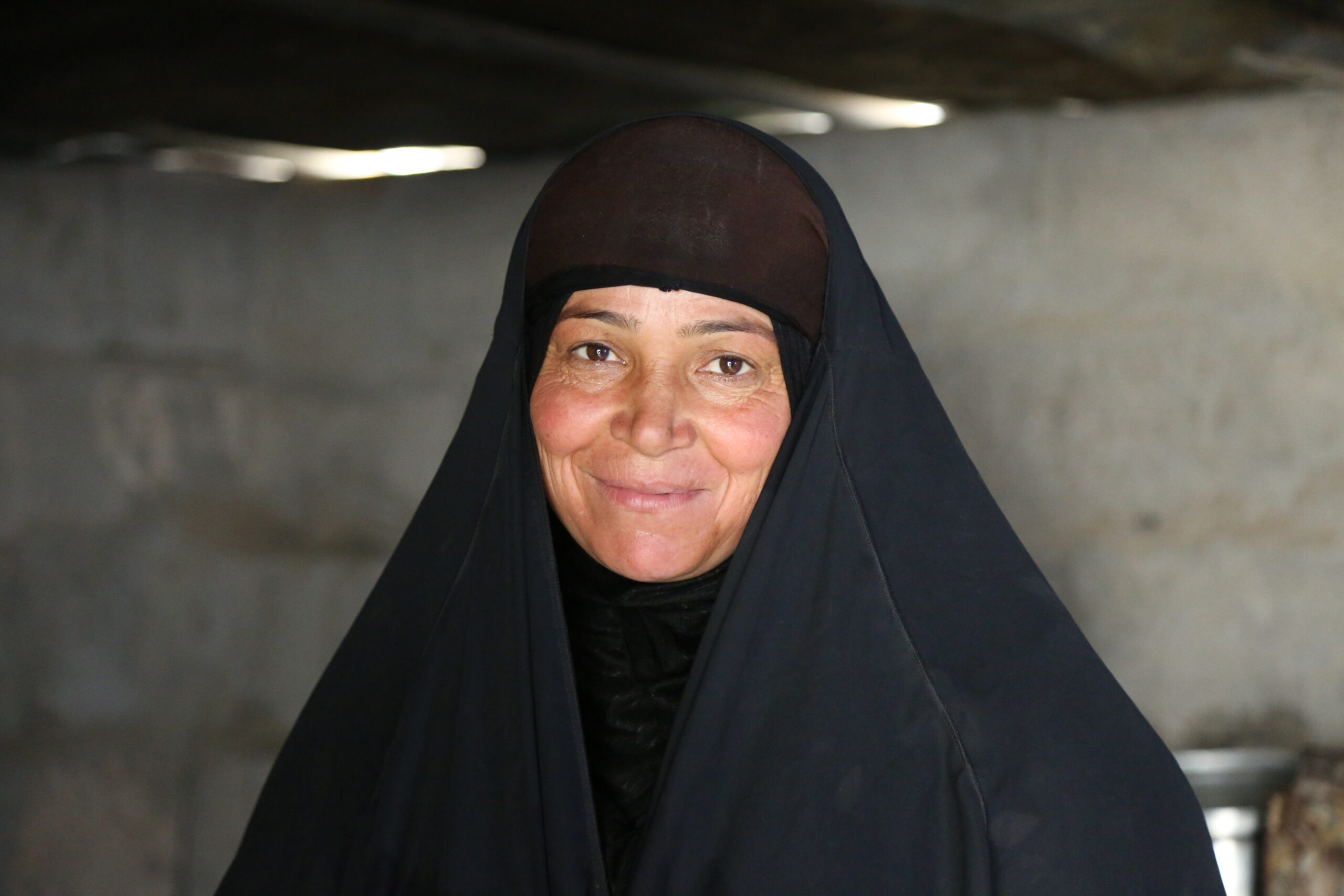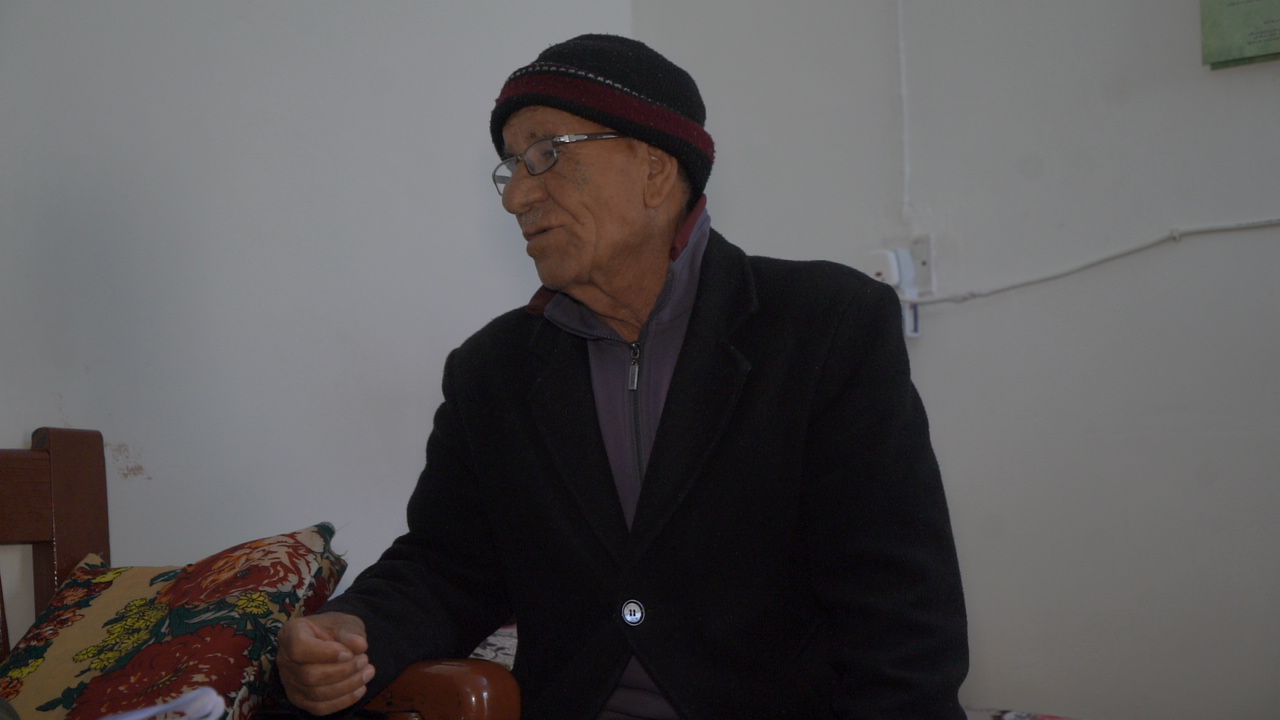
03.13.24
Ramadan Myths: Busting 5 Common Misconceptions
Subhanallah, Ramadan is upon us! At this moment, millions of Muslims around the world will be fasting. This includes abstaining from eating, drinking and other physical needs from sunrise to sunset.
Indeed, Ramadan is a time of heightened spirituality and self-control. It’s a blessed month that gives all of us countless opportunities to get closer to our Creator and increase in Imaan (faith).
However, with each year Ramadan comes around, so do several myths and misconceptions about it. These confuse Muslims and non-Muslims alike, which overcomplicate the basic rules of this Holy month. Here are some of the most common ones we’ll address below.

Debunking 5 Common Ramadan Myths
Myth #1: Brushing Your Teeth Breaks Your Fast
Scholars worldwide agree that brushing your teeth does not break your fast. Just take care not to swallow any water while doing the routine.
If you’re worried about any accidental water drinking, many learned scholars recommend using a miswak (or siwak), a tooth-cleaning twig. It’s a Sunnah, as the Prophet Muhammad (ﷺ) himself would often urge the Sahaba (his companions) to use the miswak (Sahih al-Bukhari). The miswak has also been recommended by the WHO (World Health Organisation) for its oral hygiene capabilities.
But if you don’t have a miswak and prefer to err on the side of caution, you can always brush your teeth before Suhoor and after Iftar.
Myth #2: Swallowing Your Saliva Breaks Your Fast
This one may seem a bit silly but it’s fairly straightforward. It is perfectly fine to swallow your own saliva. In fact, it’s encouraged.
In saying this, it’s not permissible to exchange bodily fluids with another person. So, this means no kissing your spouse or being intimate. Especially if it might lead to sexual intercourse. After all, the purpose of fasting is to control one’s desires.
Myth #3: Backbiting Doesn’t Affect Your Fast
Technically, backbiting doesn’t break your fast. However, it lessens your reward for it. As the Prophet (ﷺ) said,
“Whoever does not give up forged speech and evil actions, Allah is not in need of his leaving his food and drink (i.e. Allah will not accept his fasting.)”
Sahih Bukhari
Ramadan is not only about abstaining from food and water. It also has a spiritual component to it. The point of fasting is to be virtuous and kind and focus on drawing closer to Allah (SWT). So backbiting, talking ill of another person or engaging in gossip might affect the validity of your fast.
However, Allah (SWT) is the most merciful and all-forgiving. If you do slip up and feel remorseful for it, seek forgiveness from Him as soon as possible. Likewise, make intention to do your best to break the bad habit.
Myth #4: Any Eating or Drinking, Even Accidental, Breaks Your Fast
While most Muslims know this myth isn’t true, many still worry about it. In saying that, accidentally eating or drinking during your fast, does not break you fast. As the Prophet (ﷺ) said,
“Whoever forgets he is fasting and eats or drinks , let him complete his fast for it is Allah Who has fed him and given him to drink.”
Bukhari and Muslim
If you genuinely forgot that you were fasting and you had something to eat or drink, your fast is still considered valid. But if you’re unsure, it’s best to consult your local scholar.
Myth #5: All Muslims Must Fast During Ramadan
While this is generally true, there are several exceptions. Allah (SWT) says in the Quran,
(Fast a) prescribed number of days. But whoever of you is ill or on a journey, then (let them fast) an equal number of days (after Ramaḍân). For those who can only fast with extreme difficulty, compensation can be made by feeding a needy person (for every day not fasted). But whoever volunteers to give more, it is better for them. And to fast is better for you, if only you knew.
Al Baqarah, 2:184
Fasting becomes compulsory for Muslims once they reach the age of puberty. This means that most children don’t have to fast, but they can choose to fast with their family to prepare for the future.
Muslims must also be medically fit to fast. The elderly and those with chronic medical conditions don’t have to fast if it harms their health. In turn, pregnant or breastfeeding women don’t have to fast if it might put their or their baby’s health at risk.
Other categories of Muslims who are exempt from fasting in Ramadan include women with menses (period) or post-partum bleeding and travellers on a journey exceeding a certain number of days and distance.
After Ramadan, those who missed their fast for these valid reasons must make them up. If they can, they should fast the number of days they missed as soon as possible. If it’s hard for them to make up fast, then they can pay Fidyah (also known as Fidya), a charitable form of compensation.
That said, if a Muslim doesn’t have a justified excuse to skip fasting, they must compensate for it by fasting 60 days consecutively for each fast they missed, or pay Kaffarah if they can’t complete the fasts.
All in all, together, we’ve busted some Ramadan myths. Hopefully, with these misconceptions cleared, you can spend the rest of this month less worried and more focused and confident. In this blessed period when we have the greatest opportunities to earn rewards, let’s make the most of it!
Our Ummah, Your Zakat
Multiply your rewards from Allah (SWT) this Ramadan. Give the gift of happiness and hope to our brothers and sisters in need with Islamic Relief.





